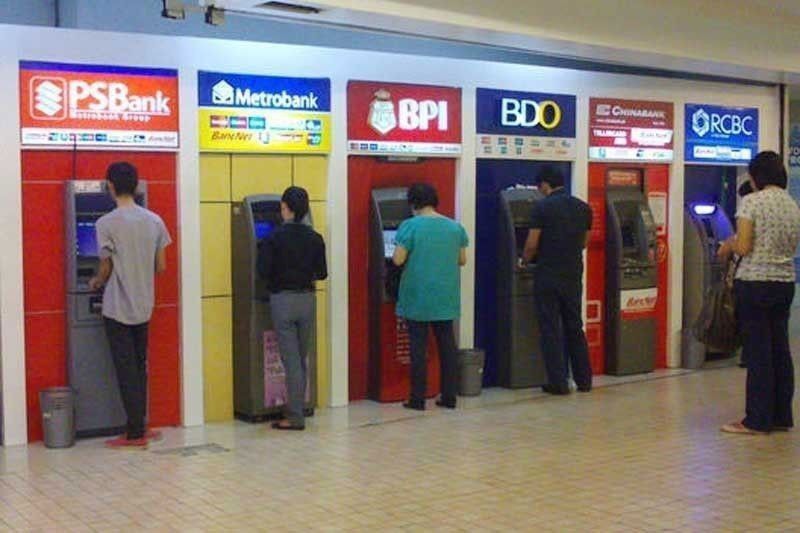Banks warned anew against cyber attacks

CEBU, Philippines — Banks remain the charming targets for cyber adversaries, despite persistent efforts to strengthen cyber security.
In a press webinar hosted by cybersecurity expert firm Kaspersky last March 16, 2021, experts warned banks to always be on their toes in protecting data and money.
In fact, data from Kaspersky’s GReAT revealed that banks and financial institutions were the second and third most targeted sectors last year, globally.
One of the campaigns singling out banks in Southeast Asia is JsOutProx malware. Even though this malware is currently not a highly sophisticated strain, Kaspersky experts noted its continued attempts to infiltrate banks in the region.
“As we continue to move our money to the online world, we have also witnessed massive data breaches and ransomware attacks last year which should serve as a warning for financial institutions and payment service providers. It is crucial for banking and financial services providers to realize, as early as now, the value of intelligence-based, proactive defense to fend off these costly cyberattacks,” warned Yeo Siang Tiong, General Manager for Southeast Asia at Kaspersky.
Experts explained that the cybercriminals behind this module malware exploit file names associated with bank-related businesses and use heavily obfuscated script files, an anti-evasion tactic. This social engineering technique particularly preys on bank employees to get inside the institution’s network.
“JSOutProx can load more plugins to perform malicious acts against its victims including remote access, data exfiltration, command and control (C2) server takeover, and more,” said Park, Senior Security Researcher, Global Research and Analysis Team (GReAT) at Kaspersky.
The other lucrative target for cybercriminals is the emerging cryptocurrency business in SEA. As the worth of cryptocurrency surge, many cyber threat groups are now waging online attacks against this sector.
Meanwhile, as of last year, more than 80,000 COVID-related domain connections and malicious websites were detected by Kaspersky in SEA alone. Malaysia registered the highest number followed by Vietnam, the Philippines, and Indonesia.
This trend is expected to continue until 2021 as the region continues its battle against the pandemic and rolls out vaccines in different phases.
- Latest



















